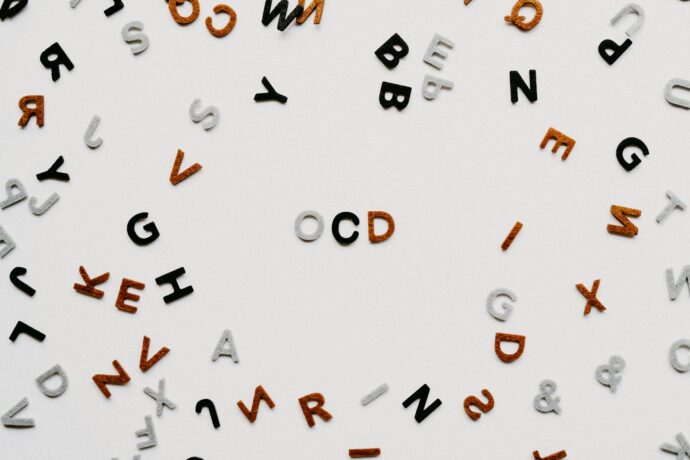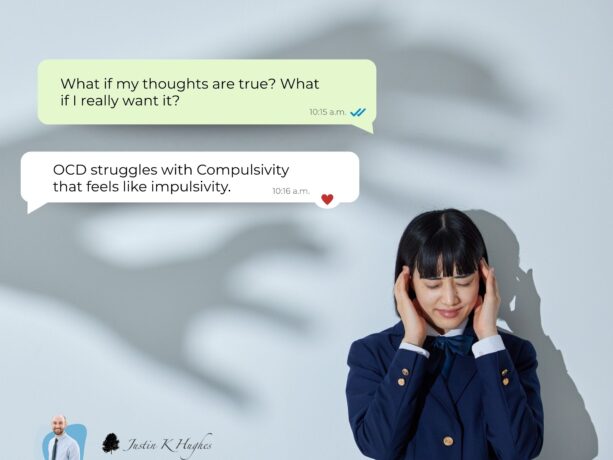“Why can’t I stop thinking about this?” “Why can’t I stop? I know it doesn’t make sense.”
William went to the Middle East after his unit was deployed from Ft. Hood. Most of what he heard about soldiers’ experiences were rumors and media stories- he had no way to be prepared for what would happen. After nearly 6 months of swallowing sand stirred up by 110 degree winds, William had 5 days left until he would return home. Momentarily losing his hearing, all his senses were shaken when an IED tore shrapnel through his three closest friends. They were dead. Just like that. After being rushed by helicopter for triage medical care, William soon discovered he only narrowly missed death- the same shards of nails and rocks that killed his friends were found inches away from where he stood.
Returning home is where cleaning up the fragments took the longest. After being debriefed and allowed medical and family leave, Bill struggled getting back to civilian life. Some of the most difficult times he faced were trying to overcome his own unexpected reactions to situations, usually late at night where he would awake from a noise, pulling his wife down from the bed onto the floor to take cover. When he became calm, he was covered in sweat, visually stunned by recalling what had happened weeks before- and so embarrassed to be dragging his wife- literally- into the center of his problems.
This is trauma. This is the story of William’s PTSD (post-traumatic stress disorder). Hopefully his story can help bring understanding to struggles faced by those dealing with trauma and respect for our service men and women.
It’s not very difficult to have some sense of empathy for William’s situation. It’s often much harder to understand another very real and very overwhelming problem. It is called Obsessive Compulsive Disorder (OCD). You may be curious why this article spends so much time talking about PTSD, only to discuss OCD. Two reasons. OCD actually has some similar features and neurobiology to PTSD, and secondly, if we are to listen to the struggles of others, often we must start with something we do grasp a little more readily.
Whether a person is triggered into feeling distress from trauma or obsessions, their brain is becoming hyperactive in warning of a threat. This wonderful system when working properly can be nightmarish when the reactions surface out-of-context. Think of the panic you would feel if you saw someone almost being run over by a car- your fight/flight/freeze response would activate and prepare the body and mind. Now imagine it occurring at random times and being uncontrollable.
Despite popular references of, “I’m so OCD” and “He really likes the house OCD clean,” [FYI, OCD is not an adjective] this diagnosable mental health condition is a serious disorder- and far beyond a person’s immediate ability to just “stop it.” Because the anxiety and distress a person with OCD feels is so bothersome and intrusive, they naturally seek to alleviate it- sometimes with elaborate mental rituals to “do away” with the anxiety (e.g., counting, prayer, neutralizing statements) and sometimes with physical compulsions and avoidance to feel better (e.g., “I feel anxious when someone touches my clothes and need to change and wash them immediately”). To some people, this sounds “crazy.” But in our age of neuroscience (and OCD is remarkably well established), we cannot deny scientifically the paint and suffering involved in the sufferer’s life. Their mind- and often body- SCREAM with discomfort until they do something to alleviate it. And the compulsion works! Momentarily, at least for a bit. It problematically, though, reinforces the learning, connections, and neural pathways linked to disorder as opposed to reinforcing healthy, non-compulsive behavior.
To stand up to OCD, a person needs to ultimately eliminate all compulsions. What do we make of this? Do we expect the person with PTSD to just jump back in to just get on with their lives? Nope. Let me be clear with OCD (and this is also true of PTSD).
There is hope and very effective treatment.
We don’t have to understand, ultimately, to love. As many as 1-3 % of the population wrestle with this. Look around- that’s someone in your neighborhood or at the restaurant where you ate. Will you lend a helping hand to those who suffer? I will.
Yours truly,
Justin K. Hughes









Leave a Reply